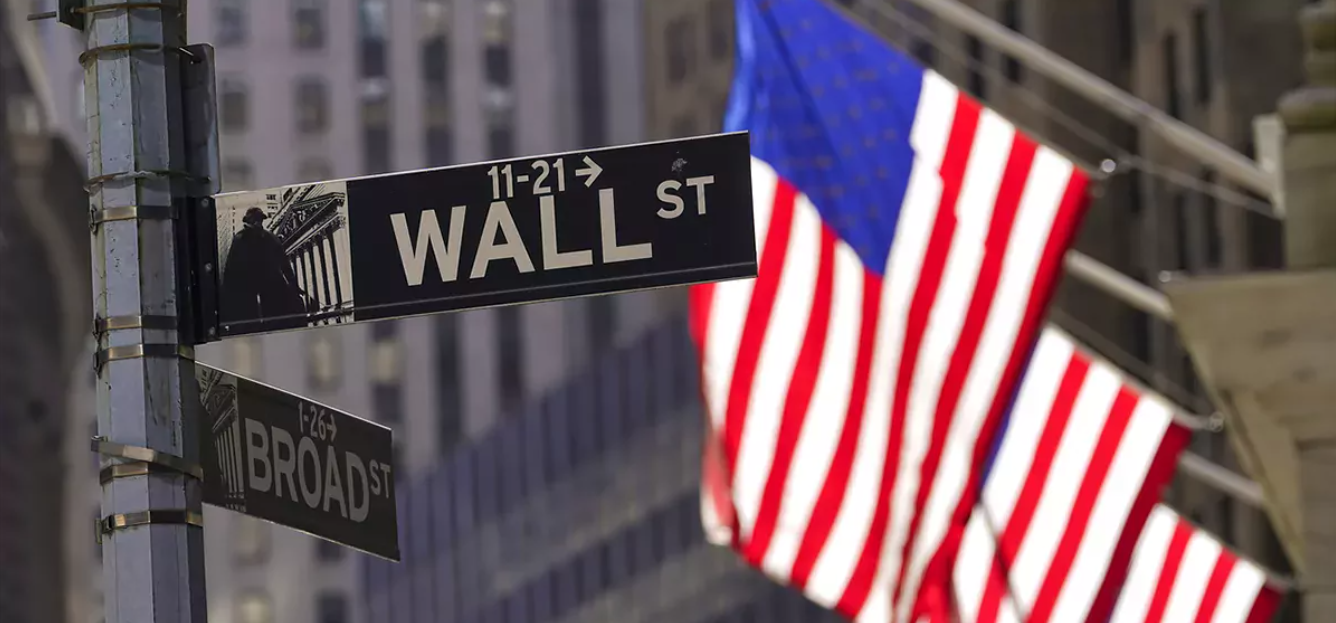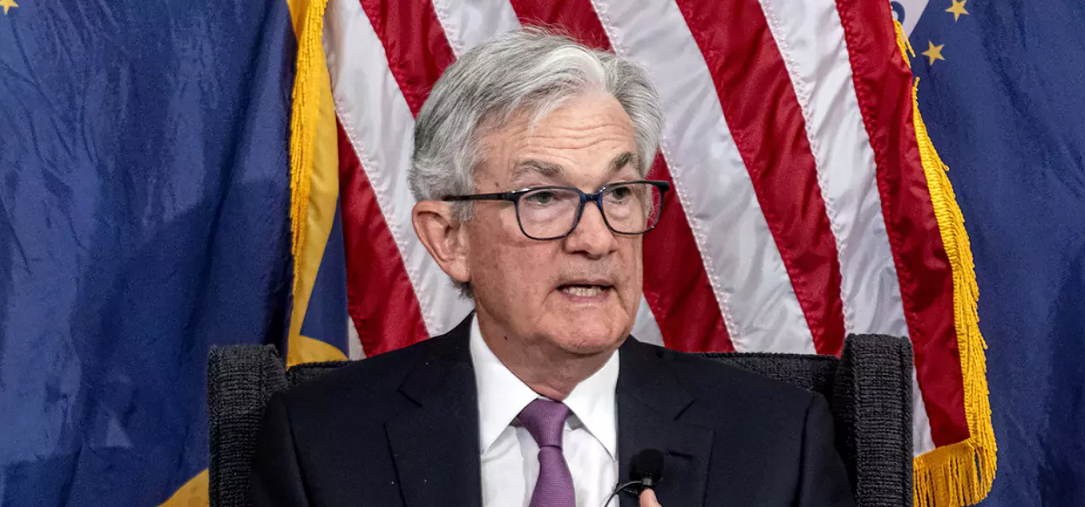
François Christen
Chief Economist
Should we be alarmed or pleased by the sharp upturn in bond yields? Some food for thought.
Original article published in French on agefi.com

The tensions that have propelled the US T-Note yield to around 4.8% are prompting a great deal of comments, some of them contradictory. Some observers are worried, others are glad. We subscribe to the latter view, even though the surge since mid-summer has resulted in substantial losses for investors exposed to long-term bonds.
For the optimists, the gradual “disinversion” of the dollar yield curve is mainly the result of a flow of news underlining the strength of the US economy. The employment report published last Friday is part of this encouraging trend. The 338,000 jobs created in September (266,000 on average over the last three months) far exceeded expectations collected by Bloomberg and others. However, the household survey showed unemployment unchanged at 3.8%. The measured rise in average hourly earnings (0.2% month-on-month, 4.2% year-on-year) is reassuring, but this variable is far from being a reliable measure of wage inflation and labor costs incurred by companies.
The rebound in job openings and the reduced level of jobless claims also reflect a robust labor market, apt to support private consumption. The ISM services index (53.6 in September, down slightly from 54.5 in August) is at a level consistent with a balanced expansion in activity. In short, recent events continue to support the fragile scenario of a “soft landing” for the USA.
The inflation figures expected on Wednesday are likely to call into question the trajectory of the Fed funds rate. An unpleasant surprise would lend credibility to the FOMC’s projections. Conversely, a small rise in prices would reinforce Wall Street’s view that the rate hike cycle is over.
On the pessimists’ side, there is talk of a regime change marked by the reawakening of so-called “bond vigilantes” after a long hibernation. In this logic, the upturn in real yields would be structural rather than cyclical in nature. The bond correction would be bound to worsen if fiscal discipline were not quickly restored. Under this hypothesis, the public deficit implies a harmful crowding-out of private investment. These fears are not unfounded, but we should be wary of his highly alarmist conclusions, which are often motivated by political or commercial opportunism. Nominal and real yields may rise further, but they are unlikely to remain at today’s levels forever. Sooner or later, when the conditions are right, an easing of monetary policy will lead to a decline in dollar yields (to the detriment of the dollar).
In Europe, the yield on the 10-year German Bund rose above 3% before falling back to around 2.85%. The yield on the British “Gilt” has risen to above 4.5%. Recent news highlights a weak economic environment on the “old continent”. Declining retail sales in the eurozone and PMIs below 50, particularly in the construction sector, could herald a recession.









